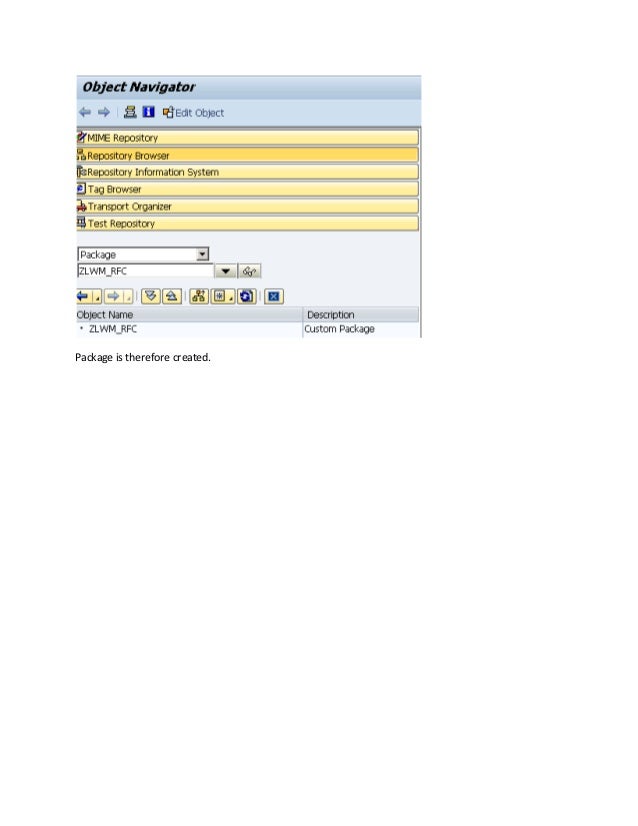

Seems like it’s inactive we can fix that by starting the service up $ sudo systemctl enable logstash $ sudo systemctl start logstash $ sudo systemctl status logstash Now both Logstash and Filebeat should be installed on your computer Making sure everything is workingįirst, let’s check whether our Logstash is running $ sudo systemctl status logstash rvice - logstash Loaded: loaded (/etc/systemd/system/rvice disabled vendor preset Active: inactive (dead)
FILEBEATS CREATING A PACKAGE INSTALL
The apt-get command comes to the rescue again as all we have to do is to run a few commands $ sudo apt-get install logstash $ sudo apt-get install filebeat Now since that’s done we can start installing Filebeat and Logstash. You should get the following output openjdk version "1.8.0_242" OpenJDK Runtime Environment (build 1.8.0_242-b09) OpenJDK 64-Bit Server VM (build 25.242-b09, mixed mode)
FILEBEATS CREATING A PACKAGE UPDATE
As I’m working on a Linux Distro so I can install it using an apt-get command as follows $ sudo apt-get update $ sudo apt-get install openjdk-8-jdkĪfter you have installed it issue the following command $ java -version For those of you who do not have the JDK version installed, you can install it with a few commands. If you already have a compatible JDK version installed feel free to skip this part of the tutorial. You can check your required Java JDK version for your version of Logstash by referring to the dependency matrix mentioned here. As of writing this article the latest version of Logstash is v7.8 which works with OpenJDK v1.8. First, we need to find out the JDK version required. So let’s start at the beginning with Filebeat and Logstash Installing Filebeat and Logstashīefore we begin we need to ensure we have a proper Java JDK installed.

Now we are going to dive into implementing the Elastic Stack. In the last article, I gave you a brief introduction to Elastic Stack.


 0 kommentar(er)
0 kommentar(er)
